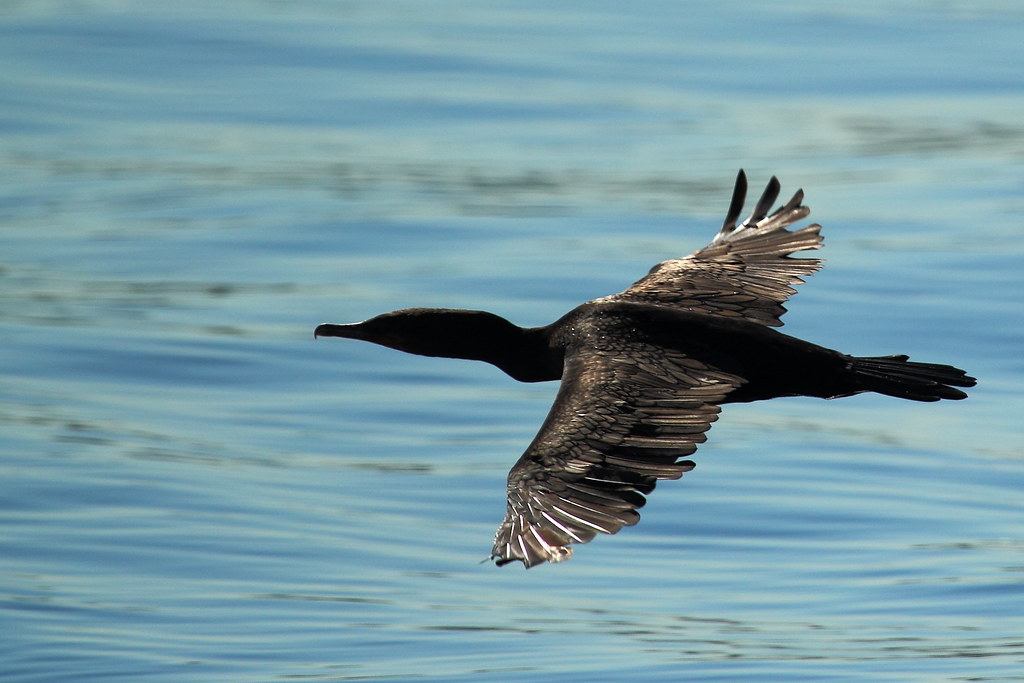Note: If you wish to receive, via e-mail, (1) my weekly newsletter or (2) daily copies of these posts, notify me at rrbates1951@gmail.com and indicate which you would like. I promise not to share your e-mail address with anyone. To unsubscribe, send me a follow-up email.
Spiritual Sunday – Pentecost
Reprinted (and slightly amended) from June 12, 2011
Today is Pentecost, which falls 50 days after the Resurrection and ten days after Jesus ascended to heaven. As the disciples were coming together to pray, they experienced a sound that “came from heaven like the rush of a mighty wind.” Tongues of fire danced above their heads, and “they were all filled with the Holy Spirit and began to speak in other tongues, as the Spirit gave them utterance.”
To mark this day, I offer up a fine Pentecost poem by Nobel laureate Derek Walcott.
I’m no theologian or Biblical scholar, but I regard Pentecost as the third step in an evolution of consciousness. This three-step process finds metaphorical expression in the figure of the Trinity: Father, Son, and Holy Spirit. At one point in history, God was seen as external. Then an extraordinary man, Jesus of Nazareth, discovered that he—and therefore all of us–had God within him. The “Counselor” that Jesus spoke of sending to humankind was the revelation that we are all of us “sons of light” (John 12:36), transcendent beings as well as material men and women. As Jesus told the disciples (John 14:12), “He who believes in me will also do the works that I do; and greater works than these will he do, because I go to the Father.”
But just as people were once dependent on an external God, the disciples were at risk of becoming dependent on a physically present Jesus. They had to learn to listen to the guide they carried within. As Jesus explained (John 16:7), “it is to your advantage that I go away, for if I do not go away, the Counselor will not come to you; but if I go, I will send him to you.”
The Counselor may be always present, but we spend much of our lives shutting him/her/it out. Walcott’s poem captures our sense of being lost through images of “rootless concrete” and snow-covered city sidewalks. Here’s his poem:
Pentecost
By Derek Walcott
Better a jungle in the head
than rootless concrete.
Better to stand bewildered
by the fireflies’ crooked street;winter lamps do not show
where the sidewalk is lost,
nor can these tongues of snow
speak for the Holy Ghost;
the self-increasing silence
of words dropped from a roof
points along iron railings,
direction, in not proof.
But best is this night surf
with slow scriptures of sand,
that sends, not quite a seraph,
but a late cormorant,
whose fading cry propels
through phosphorescent shoal
what, in my childhood gospels,
used to be called the Soul.
Walcott may be having a conversation with “Little Gidding,” T. S. Eliot’s own Pentecost poem. Eliot’s poem also begins in “the dark time of the year” with a brief and glowing afternoon sun “flam[ing] the ice, on pond and ditches” as it attempts to “stir[ ] the dumb spirit”:
The brief sun flames the ice, on pond and ditches,
In windless cold that is the heart’s heat,
Reflecting in a watery mirror
A glare that is blindness in the early afternoon.
And glow more intense than blaze of branch, or brazier,
Stirs the dumb spirit: no wind, but pentecostal fire
In the dark time of the year.
But where Eliot, writing in the early days of World War II, finds images of a painful but ultimately cleansing purification in the fire of the London blitzkrieg, Walcott turns to his Caribbean childhood, spent in Santa Lucia and Trinidad, to find God. It is as though his mind must travel there because he is having trouble hearing God in the cities, with their cold streetlamps lining the regulated sidewalks.
While Walcott surely would not be experiencing snow during this time of year, he could well be thinking of winters in Boston, where he taught and where sidewalks regularly disappear beneath a blanket of snow. Snow functions as a metaphor for a deadening of the spirit in both Eliot’s Waste Land, where the poet talks of “forgetful snow,” and James Joyce’s “The Dead,” where we see “snow falling faintly through the universe and faintly falling, like the descent of their last end, upon all the living and the dead.”
The Spirit’s message hasn’t been entirely erased from this snowy landscape. After all, railings peer out from the snow, hieroglyphs that seem to be delivering some kind of message. But that message is nowhere near as powerful as that which the poet finds in the Caribbean.
The tongues of fire that can rouse us from our stupor and put us once again in touch with soul are the fireflies that light a crooked street. The Holy Spirit is “the jungle in the head,” speaking to Walcott through the remembered cry of a (not quite an angel) cormorant. The Pentecostal wind of the night surf, with its “slow scriptures of sand,” sends the cry. Or put another way, the adult poet remembers that cry, now fading with time, and is taken back to the phosphorescent shoal of his childhood when God seemed alive and present.
Pentecost is a day that reminds us that “what used to be called the Soul” continues to walk amongst us. Or rather, within us.


